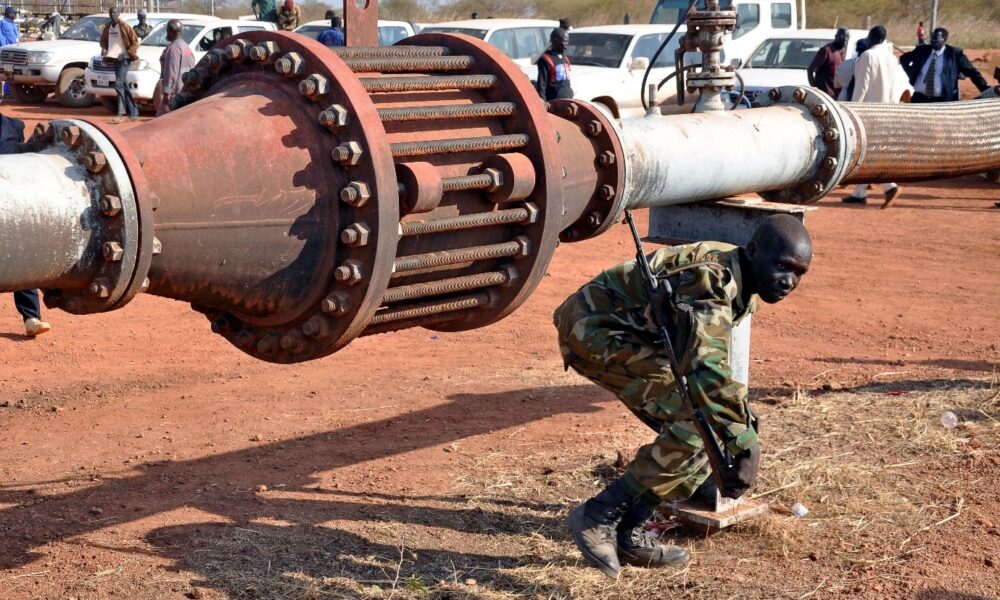By Kei Emmanuel Duku
Sudan has announced lifting a force majeure declared on South Sudan oil extraction last year, expecting oil production and export to resume.
Sudan’s Minister of Energy and Petroleum, Dr. Mohieddin Naaiem Mohamed Saied stated in a letter addressed to South Sudan’s Minister of Petroleum, Pout Kang Choul, and representatives of CNPC International Dar Limited, Sinopec International Exploration and Production Cooperation, and Petronas Carigali Nile Limited.
“We are pleased to hereby inform you that based on the security arrangements made by the two sisterly countries (Sudan and South Sudan) and the measures taken by BAPCO to ensure the flow of materials and equipment to all facilities along the route of BAPCO transportation systems, and the arrangements so far reached in the resumption plans, we are hereby lifting the Force Majeure declared before,” the letter reads in part.
Earlier last year, Sudan declared force majeure on South Sudan’s oil production following intense fighting between the Sudanese Armed Forces and the Rapid Support Forces (RSF).
The declaration halted production as the conflict intensified in areas near oil production sites.
South Sudan’s pipeline carrying oil from areas operated by BAPCO, Sinpeco, and other oil companies from South Sudan to Sudan for export via Port Sudan was halted early last year due to conflict.
This confrontation resulted in a significant loss of revenue for South Sudan, as 90% of the country’s revenue is derived from crude oil exports.
Before the conflict in Sudan erupted in 2023, South Sudan’s crude oil production was estimated at 154,000 barrels per day (bpd).
South Sudan’s government is yet to respond to this development.
However, Edmund Yakani, the Executive Director of the Community Empowerment Progress Organization, while welcoming the lifting of the force majeure on South Sudan’s oil production and exports, expressed concerns about the potential misuse of oil revenues.
He questioned whether both the governments of Sudan and South Sudan would utilize the generated revenue to end human rights abuses caused by unnecessary conflicts.
“We are concerned that if the revenue generated from this oil production is used to fuel armed violence in Sudan and to perpetuate corruption in South Sudan, the best interests of the citizens will not be served, as we have witnessed in the past,” stressed Yakani.
“We hope that the revenue from the oil will be used to nurture peace and stability in both countries,” he added.




